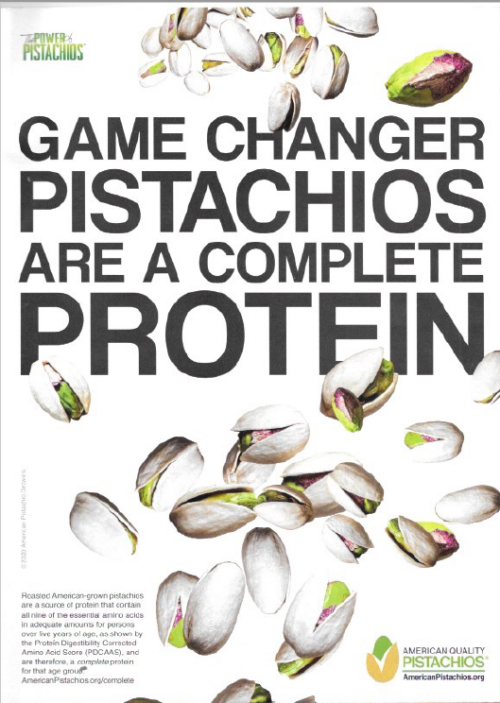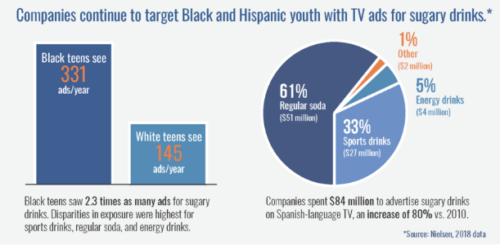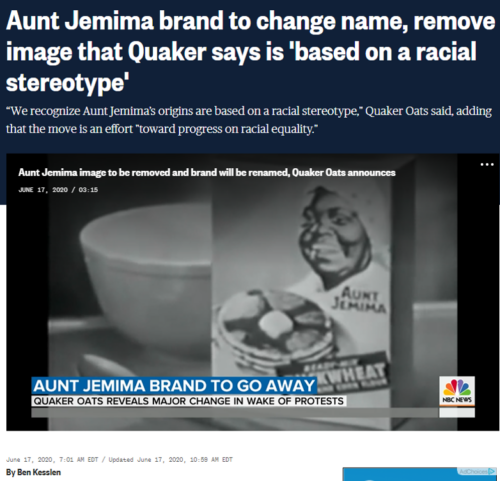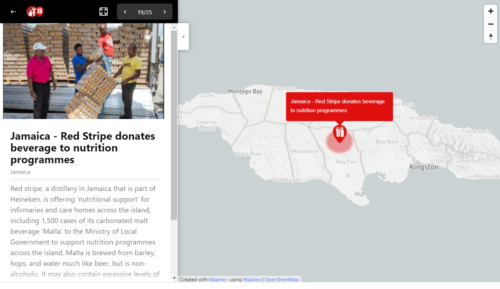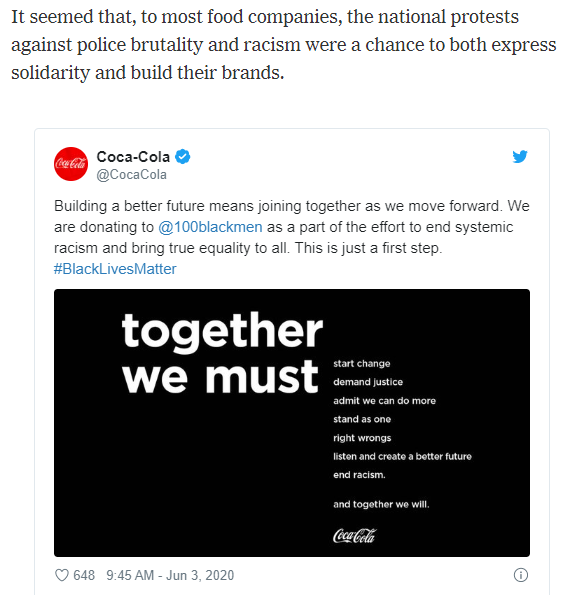Hypocritical food ad of the week: Smithfield complains about its critics
This was in Sunday’s New York Times, on page 17 of the edition I get.
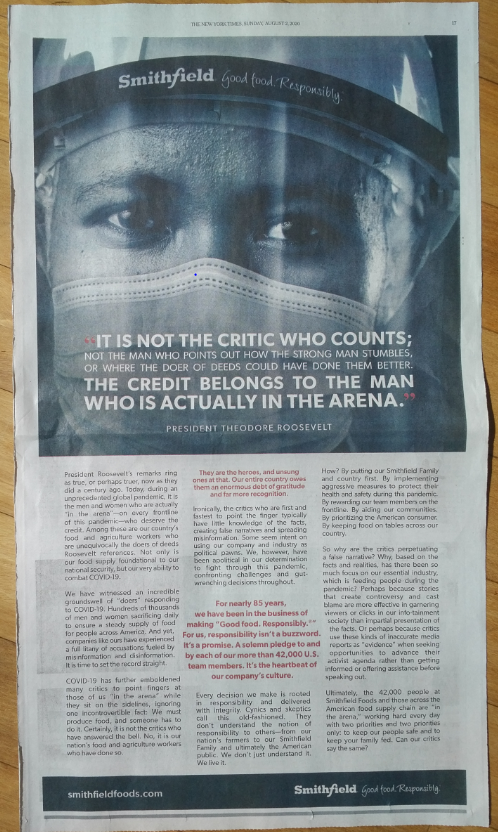
Smithfield is Big Pork. It complains in this ad of critics who, it says, are “cynics and skeptics” who “don’t understand the notion of responsibility to others” and are “seeking opportunities to advance their activist agenda.”
Smithfield, the ad says, puts its “Smithfield family and country first. By implementing aggressive measures to protect their health and safety during this pandemic. By rewarding our team members on the frontline.”
The ad does not mention the number of Covid-19 cases among workers in its plants.
Fortunately, Leah Douglas of the Food and Environment Reporting Network is keeping track.
OK. Smithfield is not the worst—that honor goes to Tyson.

The ad also doesn’t mention Smithfields lobbying to prevent lawsuits from injured “team” members.
Count me in as cynical, skeptical, and as activist as I can be on behalf of the workers in Smithfield plants who are forced to be there under close and dangerous conditions.
Want to know more? The Counter explains what the ad is about in 12 tweets.


